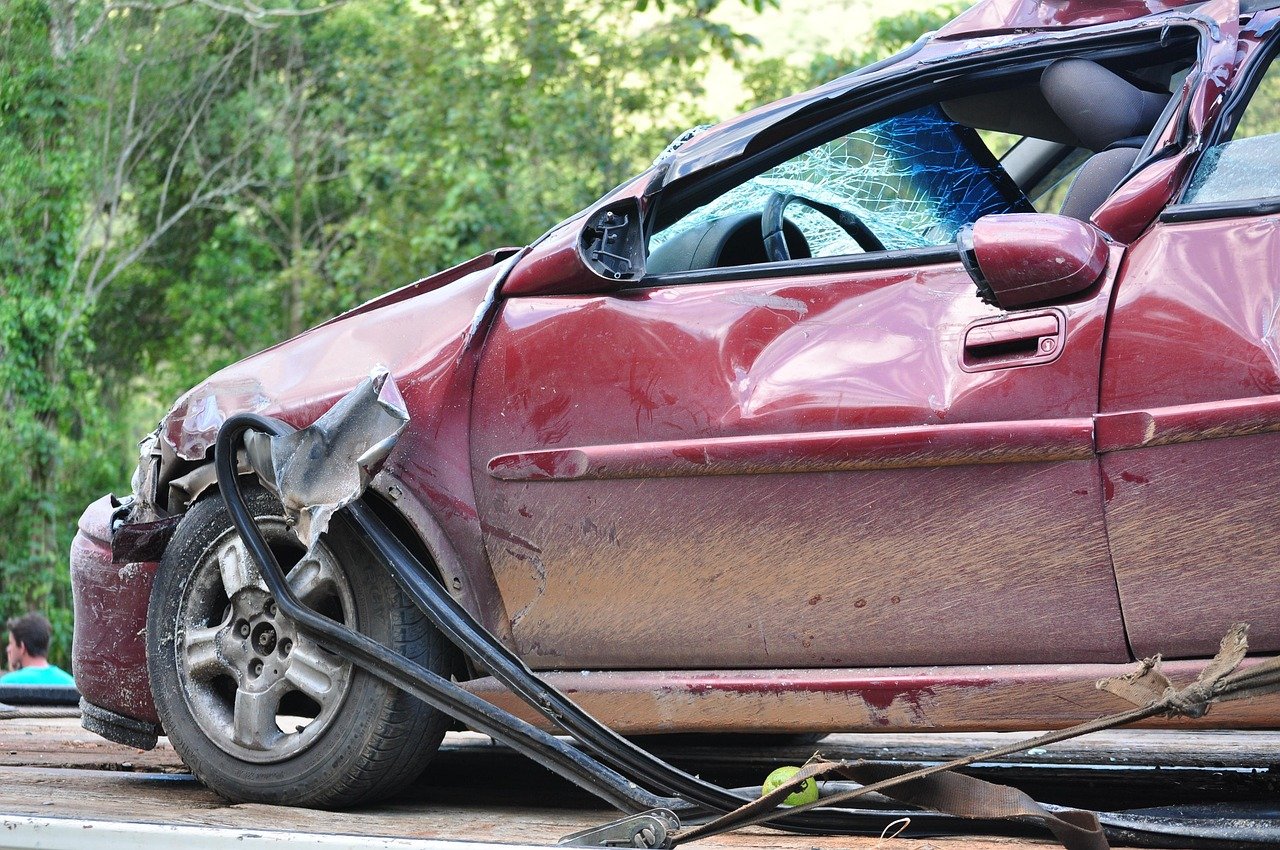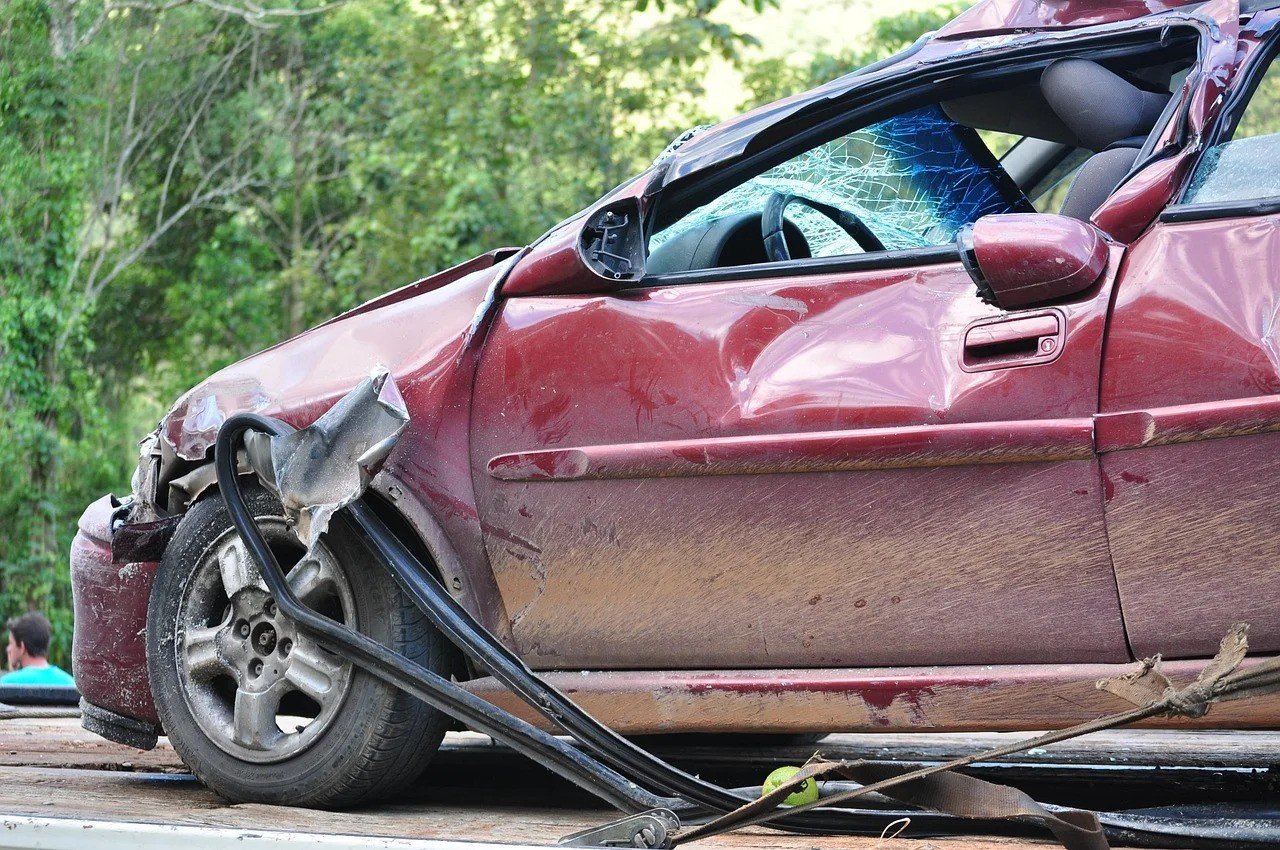If your car has been in an accident, you are probably juggling a lot: insurance claims, repairs, and figuring out what to do next. But what if your vehicle is no longer drivable or the cost to fix it is higher than its actual value? That’s when selling it for removal can be a smart, stress-free solution. However, how does it work — and is your car even eligible? Here’s everything you need to know before you scrap your accident-damaged auto.
Is It Allowed to Junk a Car After an Accident?
Yes, you can legally get rid of your wheels after being in a crash, even if they’re no longer running. Many services that buy old cars for cash, such as junkcarsus.com, accept vehicles in all conditions, including those with structural, cosmetic, or mechanical damage. Even severely damaged cars still hold value in their parts and scrap metal.
If you're considering junking a car that's been in an accident, it's important to know your options. Many services can help you dispose of your vehicle responsibly. For those in the Boston area, you can go to Classic Cleanouts for efficient junk removal services. They specialize in handling all types of waste, including damaged vehicles, ensuring that your car is disposed of in an environmentally friendly manner. This can be a convenient solution if you're looking to clear space and get rid of a vehicle that's beyond repair. Always ensure that you have the necessary paperwork ready to make the process smooth and hassle-free.
If your car has been severely damaged in an accident, you might be considering whether to junk it or not. In such situations, it's crucial to understand your options and rights, especially if the accident was not your fault. Consulting with a legal expert can provide clarity on potential compensation for your losses. The Wilhite Law Firm - Personal Injury Attorney - Fort Worth, motorcycle accident lawyer fort worth, can offer guidance on navigating the complexities of insurance claims and legal proceedings. This can be particularly beneficial if you're dealing with injuries or disputes over liability, ensuring you make informed decisions about your vehicle and personal well-being.
However, there are some key factors to consider before junking the vehicle:
- Do you legally own the auto? You’ll need proof of ownership, usually in the form of the car’s title.
- Is the vehicle still under an active insurance claim? If so, the process could be delayed or handled differently.
- Has the car been declared a total loss by your insurance provider? That impacts the title status and payout.
Once you’ve addressed these issues, you’re in a better position to move forward confidently and avoid legal or financial setbacks during the junking process.
When Should You Junk a Car After an Accident?
- The Cost of Repairs Exceeds the Value
If your mechanic quotes thousands of dollars in repairs for a vehicle that’s only worth a few hundred, scrapping becomes a more practical option.
- The Car Is Totaled
Insurance companies will declare a car a total loss when the cost to repair it exceeds a certain percentage of its market value. In most states, that’s between 70% and 80%. Once totaled, the vehicle is often issued a salvage title, which can significantly reduce its resale or trade-in value.
- The Auto Is Unsafe or Unreliable
After an accident, especially one involving structural damage, the vehicle may no longer be safe to drive, even if it can technically move. Junking ensures it’s properly recycled and off the road.
- You Want a Quick and Easy Way Out
Sometimes, the hassle of repairs, insurance claims, or private sales isn’t worth it. Scrapping is often the simplest way to get rid of a wrecked car, especially if you’re short on time or don’t want further involvement.
6 Steps to Junk Your Accident-Damaged Car
Step 1: Assess the Damage
Have a mechanic or insurance adjuster evaluate the vehicle. This helps you determine whether it’s worth fixing or selling as junk. If insurance is involved, wait for their final determination before proceeding.
Step 2: Talk to Your Insurance Company
If your car is insured and the accident is covered, file a claim. If the vehicle is declared a total loss, the insurer may take possession of it and pay you its pre-accident market value. In some cases, you can keep the car and receive a partial payout, but it will come with a salvage title.
Step 3: Secure the Title
You’ll need the auto’s title to junk it legally. If you’ve lost it, contact your local Department of Motor Vehicles (DMV) for a replacement. Some junkyards may accept a vehicle without a title, but this often involves more paperwork and varies by state.
Step 4: Find a Reputable Junk Car Buyer or Salvage Yard
Search online or locally for licensed salvage yards or companies that buy scrap cars. Get quotes from a few to compare offers. Be clear about the extent of the damage to get an accurate estimate.
Step 5: Remove Personal Belongings and Plates
Before handing over your vehicle, clean it out thoroughly. Check under seats, in the glove box, and in the trunk. Also, remove the license plates: many states, including Florida and New Jersey, require you to return them when you cancel the registration.
Step 6: Cancel Insurance and Registration
Once the car is picked up, cancel your insurance policy and notify your DMV to officially remove the vehicle from your records. This prevents future liability and fees.
How Much Can You Get for a Junk Car After an Accident?
While wrecked wheels may not be worth much in traditional resale value, junkyards still pay for scrap metal value, working parts (engine, transmission, battery, tires, etc.), and market demand for your car’s make and model.
On average, scrap vehicles can fetch anywhere from $100 to $1,000, depending on several factors:
- Age and weight of the auto
- Demand for parts
- Location and towing requirements
- Title status.
Cars with intact parts and newer models often bring in more money, while severely damaged or stripped-down vehicles earn less.

Pros and Cons of Scrapping an Accident-Damaged Car
Pros
- Avoids the high cost of repairing major accident damage
- Includes free towing for wrecked or inoperable vehicles
- Allows quick removal of a car that may no longer be drivable
- Provides instant payment, typically in cash or check, on the same day
- Ensures environmentally friendly disposal through a licensed provider.
Cons
- Lower payout than selling privately or parting out the car
- Paperwork required, especially if your title is lost or unclear
- No turning back — once it’s junked, it’s gone for good.
Final Thoughts
When a car is severely damaged in an accident, junking it can be a smart and practical decision. It’s a legal, hassle-free way to remove an unsafe or undrivable vehicle from your property while still recovering some of its remaining value.
The key is knowing when it makes sense, how to do it properly, and what to expect in return. With the right steps and a bit of research, you can turn your wrecked car into cash and move on without stress.
 Online Clock
Online Clock